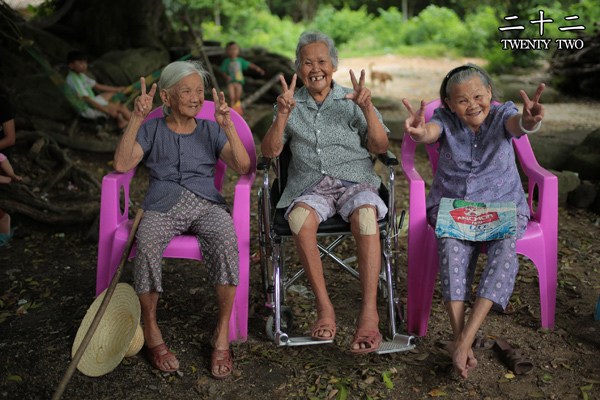
Chinese actor/director Wu Jing's film Wolf Warrior 2, documentary Twenty Two, director Feng Xiaogang's nostalgic film Youth and the Polish-English coproduction Loving Vincent are among the box-office hits of the Chinese film industry in 2017. (Photo provided to China Daily)
Changes
Expanding at an astonishing pace and peaking in 2015 with an annual rise in takings of nearly 50 percent, the Chinese movie industry appeared to get carried away with its own success.
Investors blindly believed a hit movie could be guaranteed by adhering to the simple formula: use pop idols with a huge following; combine this with a story adapted from a hit online novel; back this up with a carpet-bomb marketing strategy.
But the tides appeared to have turned last year. While most of the movies following this familiar pattern failed commercially, productions making a sincere effort to tell good stories came out as clear winners.
For art-house films, which have enjoyed rising popularity since China established its first art-cinema chain in October 2016, sleeper hits like Zhang Dalei's The Summer Is Gone, Mei Feng's Mr No Problem, Wen Yan's Angels Wear White and Zhou Ziyang's Old Beast faired well in 2017.
Oscar-winning Manchester by the Sea, the first imported title distributed by the chain, earned 8.2 million yuan in China. While this figure may seem minor compared to many blockbusters, this represents the biggest takings for the film in any Asian country.
Changes also took place in the market for domestic animated movies, which have struggled for decades to expand their appeal to adults.
Following the success of Dahufa (Safekeeper of the State), an animation rated as unsuitable for audiences younger than 13 years old, animated black comedy and Golden Horse winner Have a Nice Day is again targeting adult audiences. Full of dark metaphors, both movies are forging an experimental path that few Chinese animators have followed.


















































